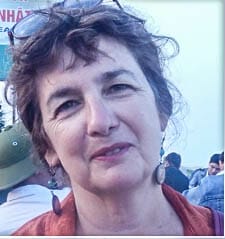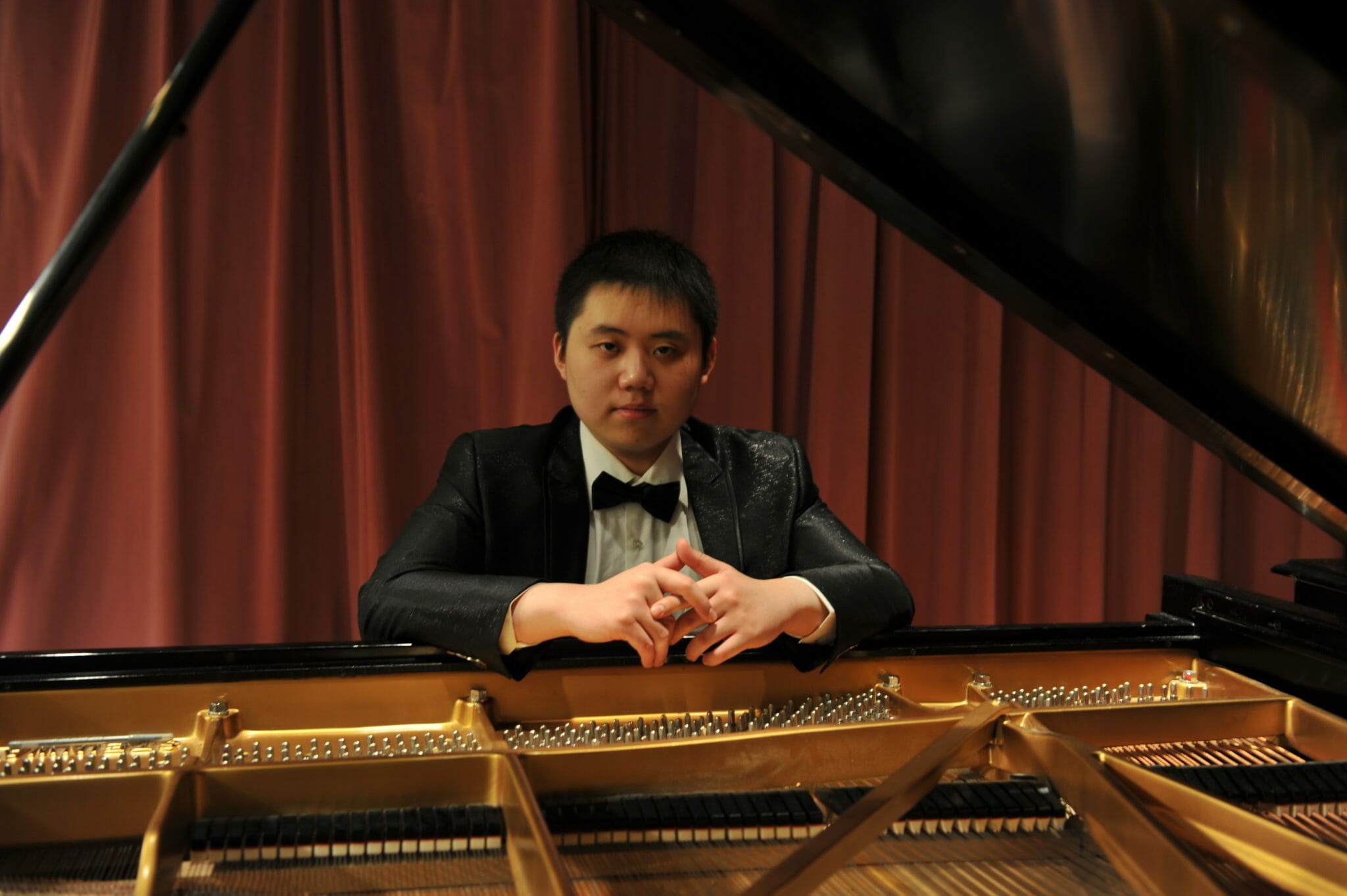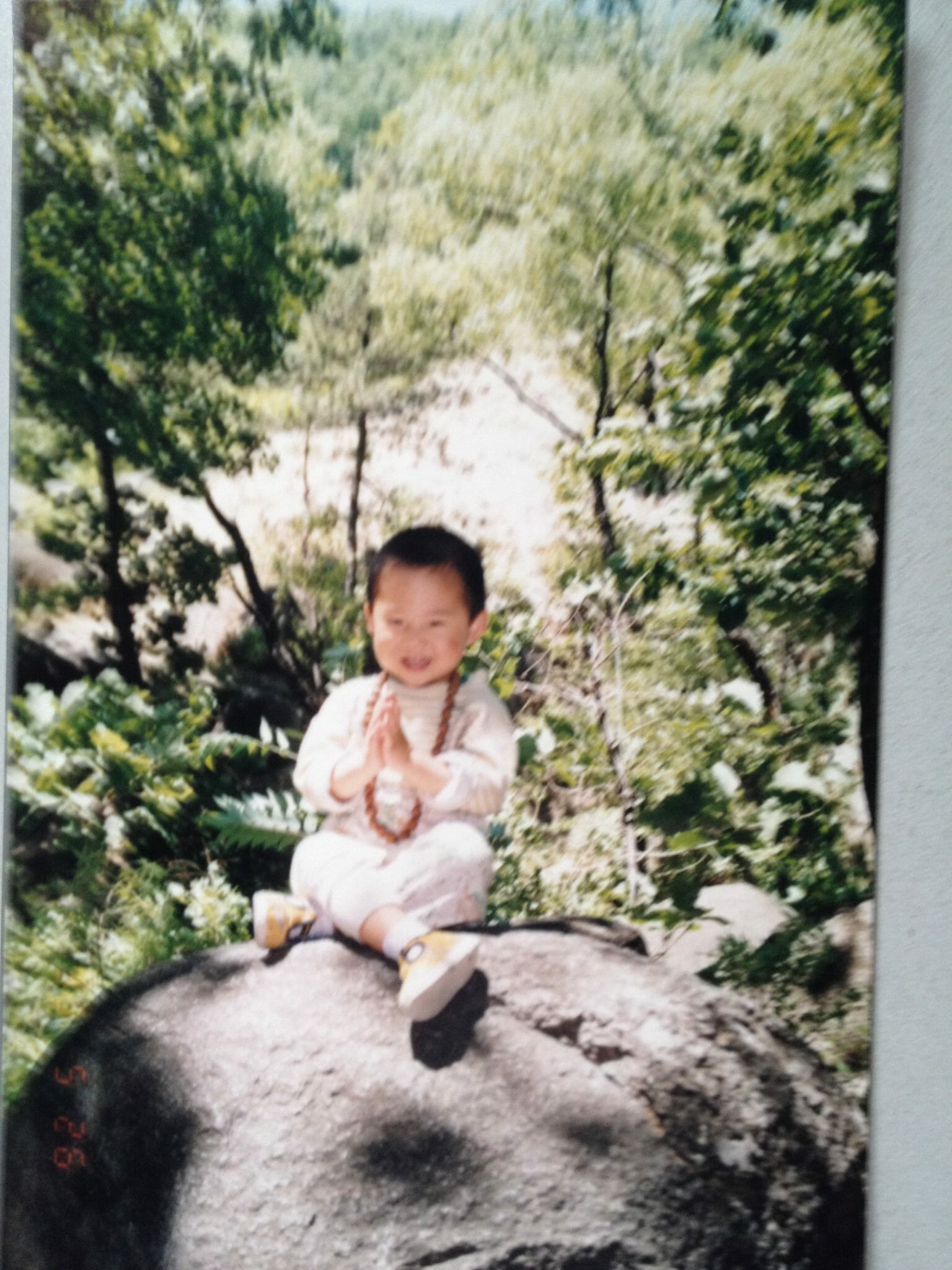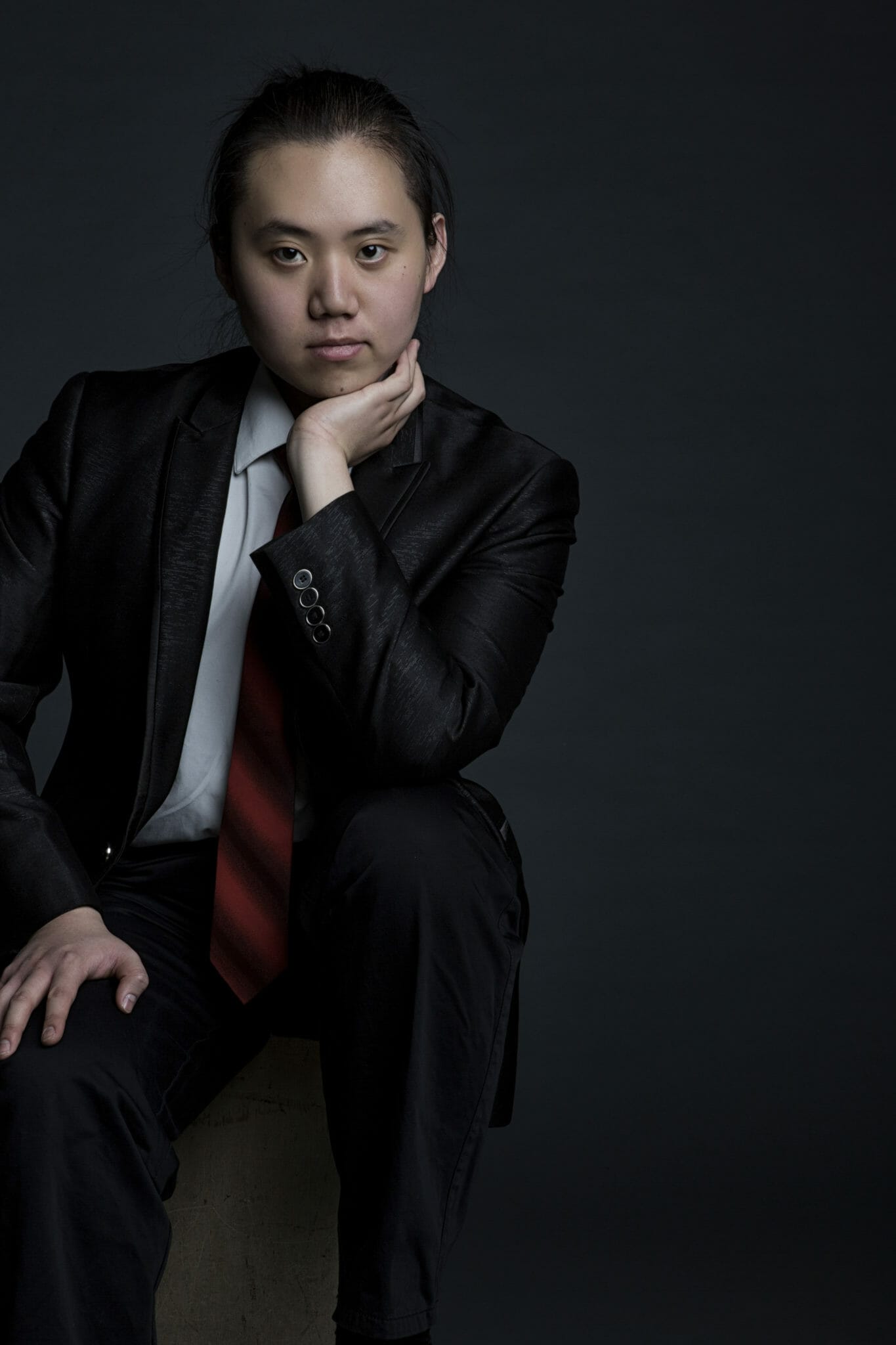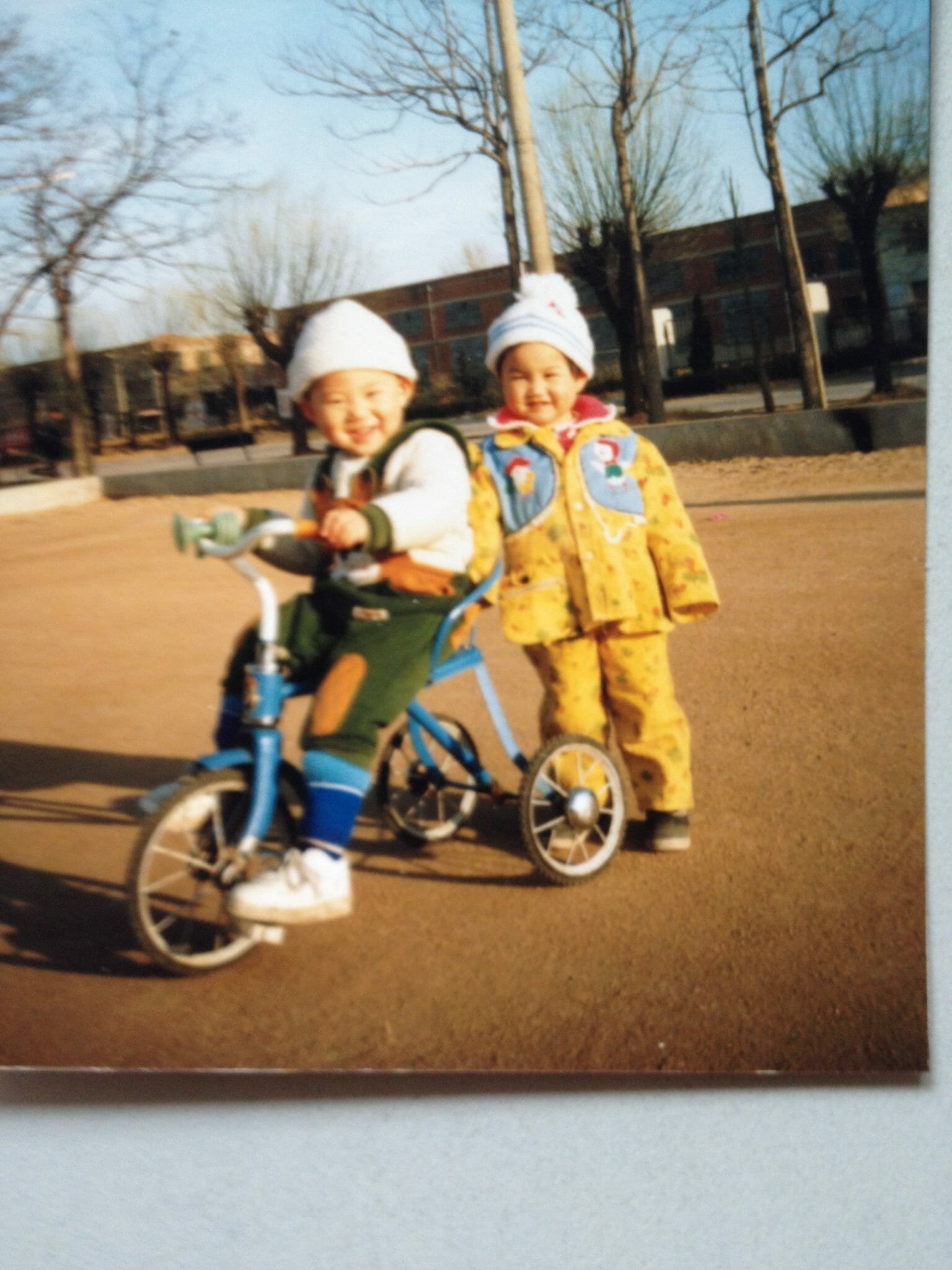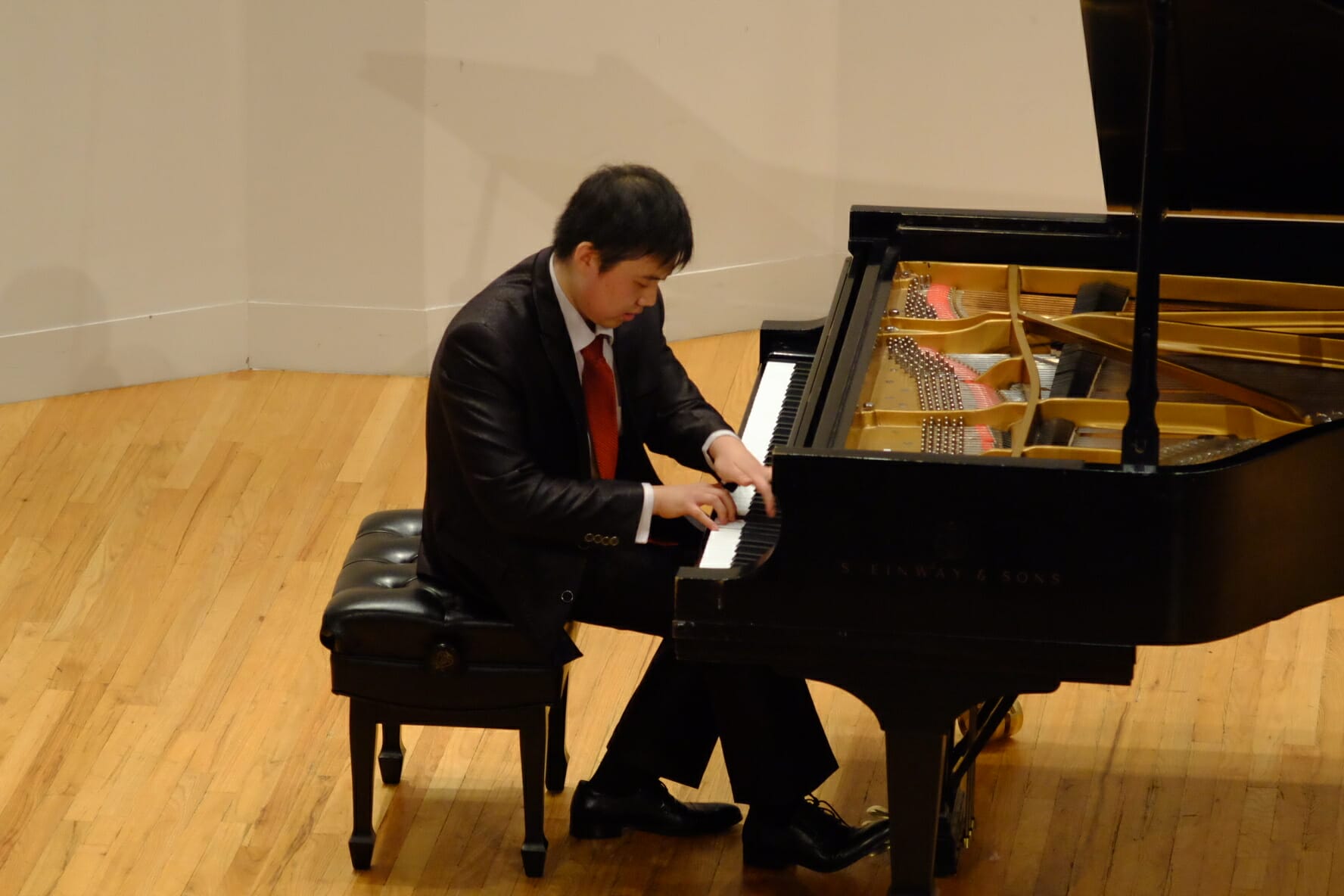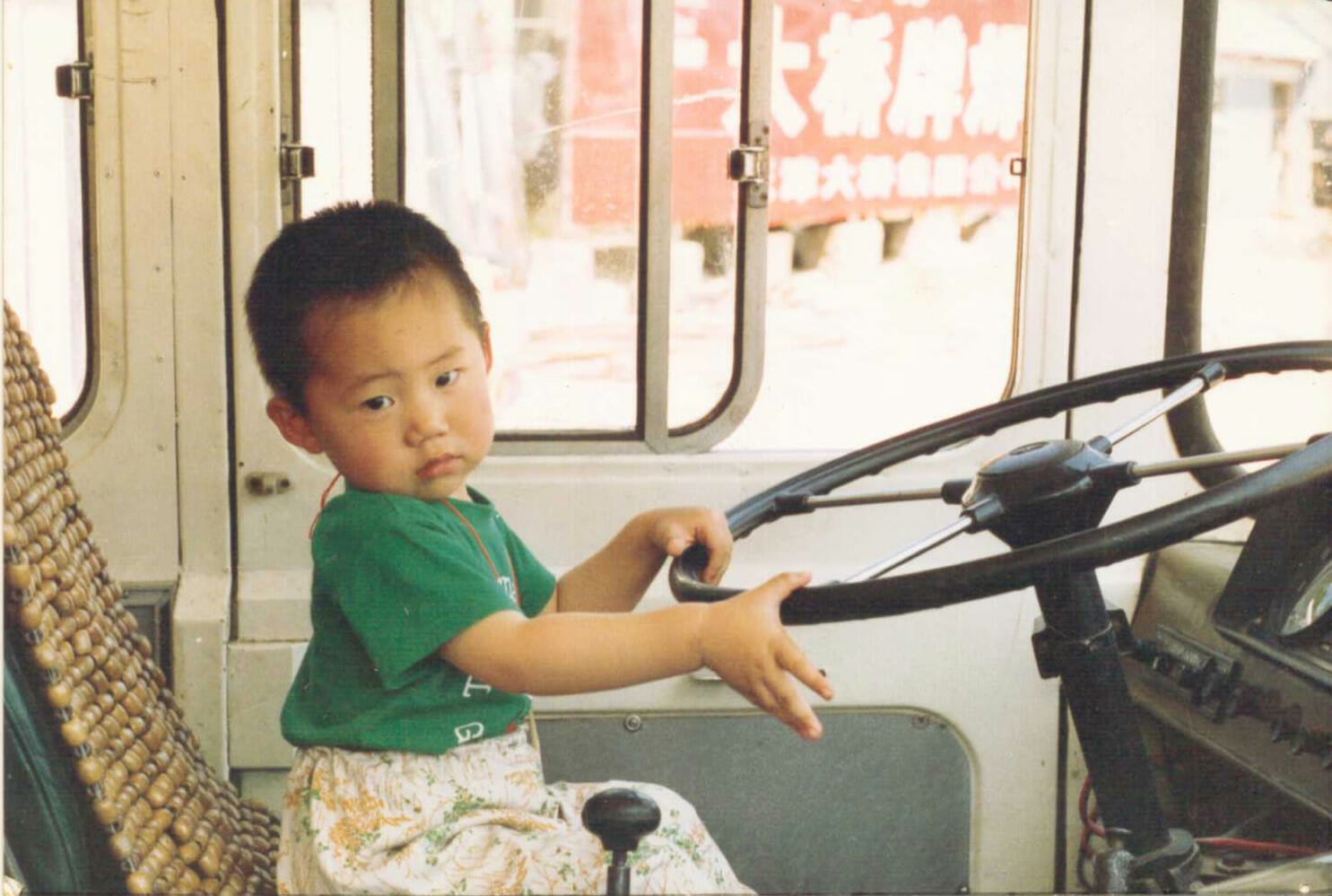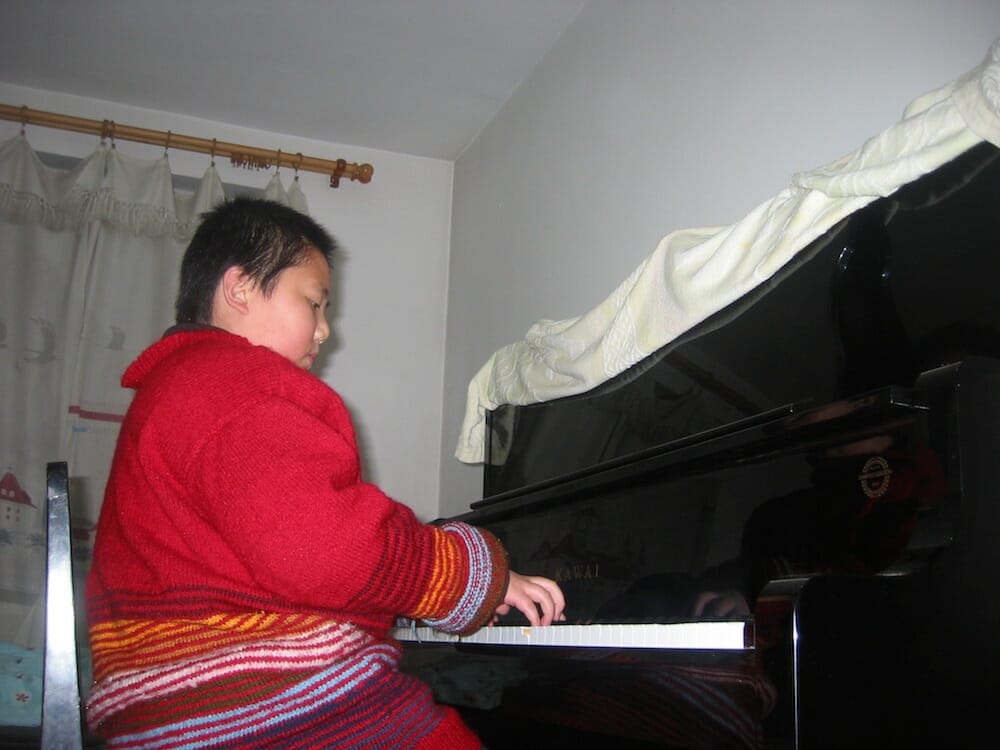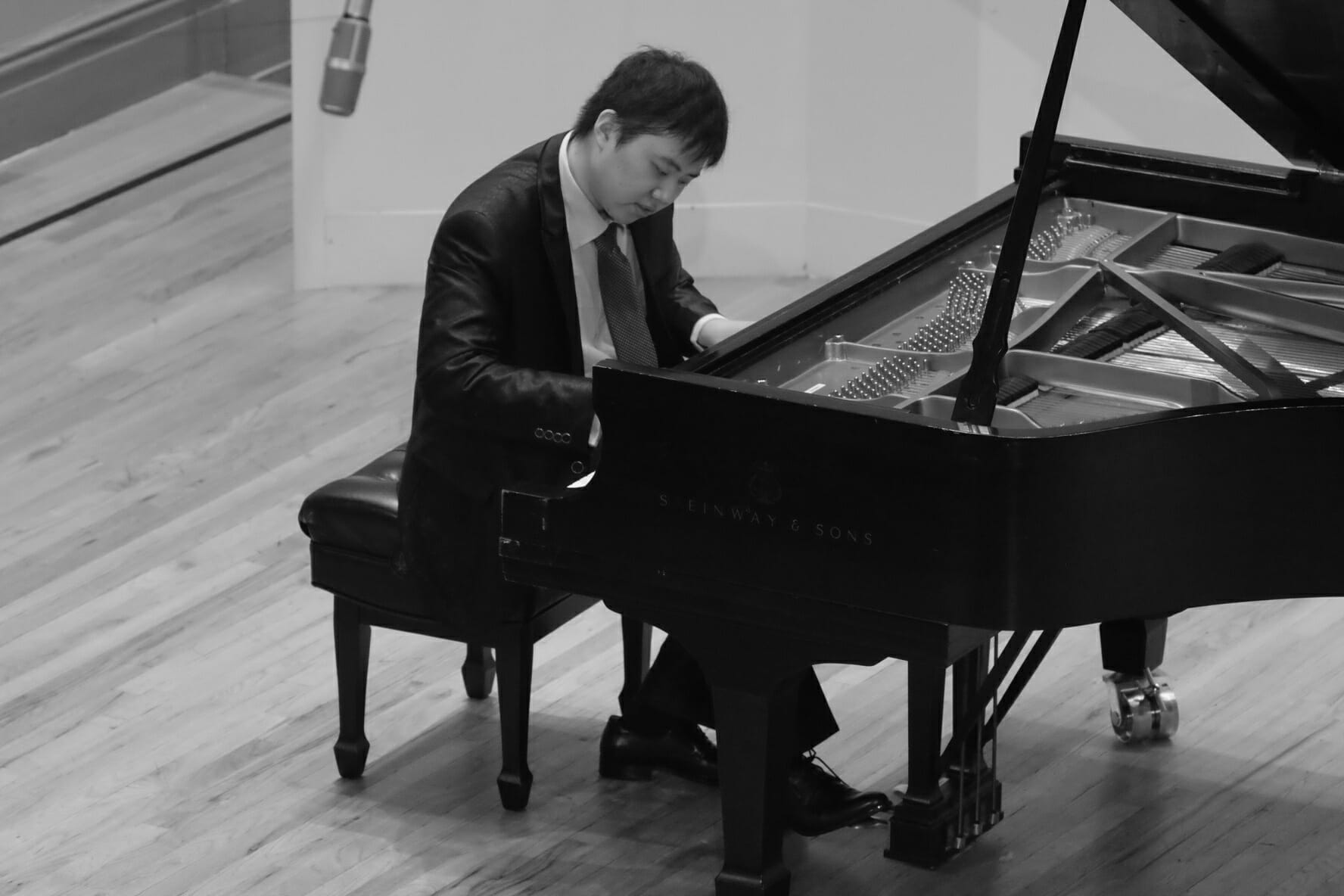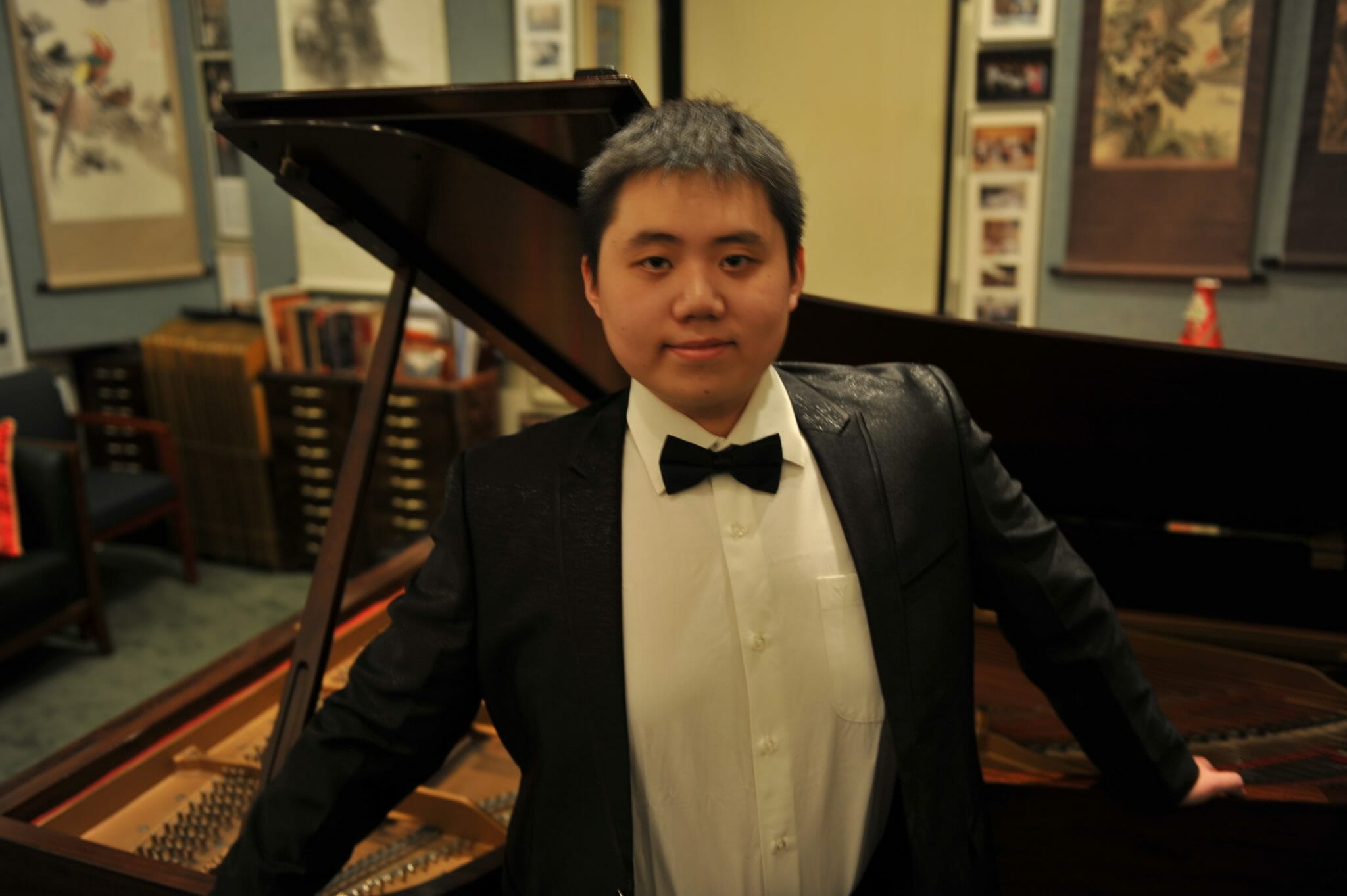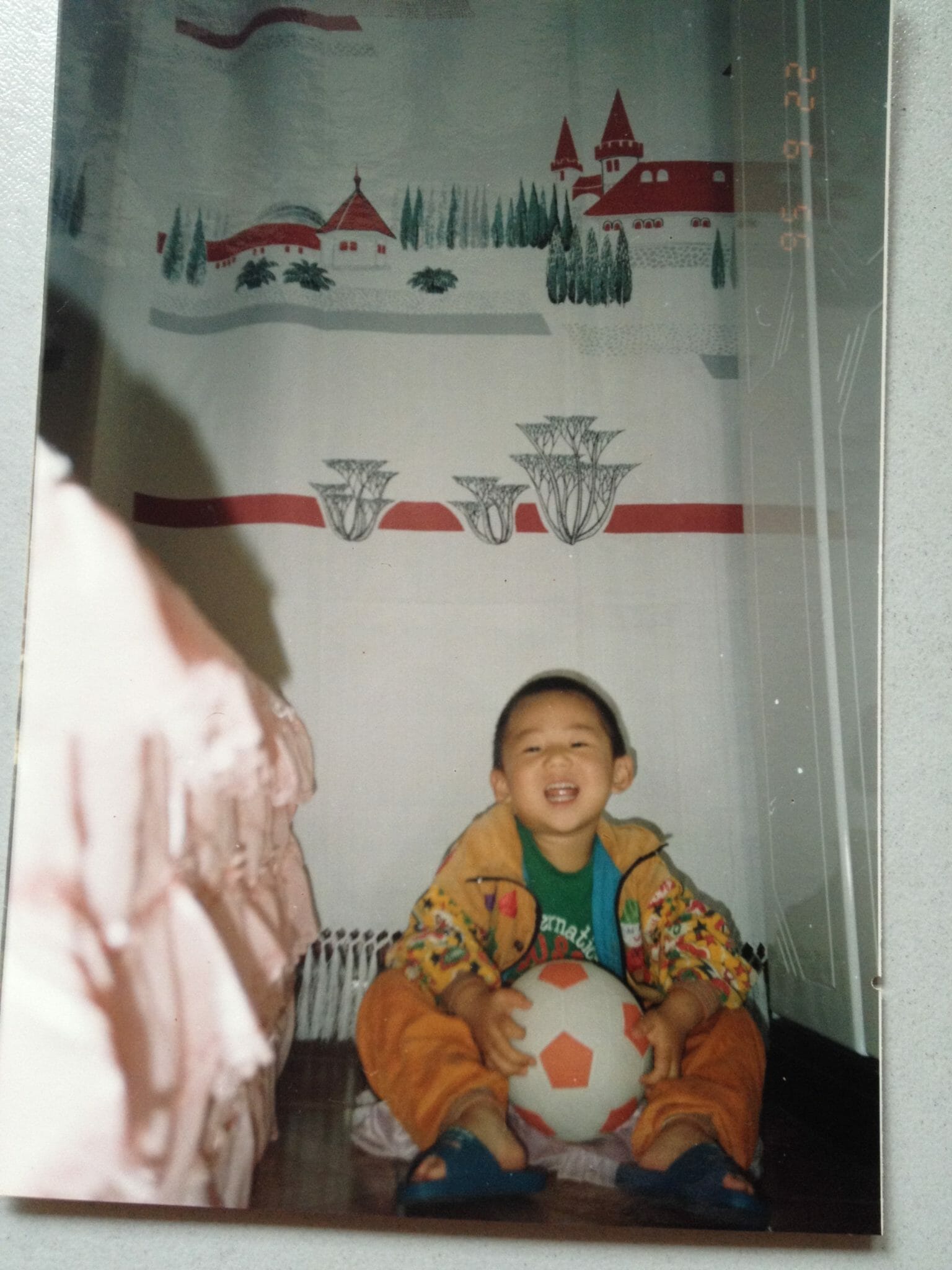Piano Music Born of Plague…
If it weren’t for the piano, Yehong Shi might have been #775 in 2003…
His loving parents, whom today he chats with several times a day via the Internet, certainly weren’t going to allow him to become that number victim of the plague. It was the year of the SARS epidemic. He was forbidden to leave the house.
Yehong Shi, just like any 10 year-old, would have much preferred to be at school with his playmates. But even if his parents had been more lax, the schools were closed. Chinese TV at the time was 24/7 news of the state-sponsored variety. Not much there to amuse or distract young Yehong.
Neither of Yehong’s parents were musicians nor knew how to play a piano. But his mom especially just loved a piano’s sound. That’s why she had bought a piano and put it in their home years before. Yehong had grown up with it there, not paying it much mind. A bored SARS prisoner in his own home, Yehong started experimenting on how he might make a tune on it.
That was when Yehong’s parents got an inkling of his preternatural musical talents. Soon after the epidemic scare lifted, his mother brought Yehong to a music teacher.
Yehong’s late start at the piano, compared to the typical Chinese child pianist who is started at the age of only 3 or 4, quickly proved inconsequential. Within a year he was performing Beethoven concertos. When he was 12 Yehong competed against 20-somethings and in addition to reaping prize after prize, he also was able to expand his repertoire with rapid speed.
His performances in and around Beijing gained the attention of a leading Chinese musician, Professor Zhou Guang Ren, who encouraged him to pursue a career as a concert pianist. That in turn led to a family decision for Yehong to come to America to pursue greater opportunities for advancing a musical career.
First stop was a bachelors degree at the Manhattan School of Music, where he studied with Dr. Solomon Mikowsky and Dr. Marc Silverman. Currently he is attending Roosevelt University’s College of Performing Arts, studying for his masters with Dr. Wael Farouk.
Taking a break from his studies, Yehong Shi performed the day before Thanksgiving, 2016, in the weekly Dame Myra Hess Memorial Concert Series that is simulcast via WFMT and then available worldwide via the Internet. (Listen to the performance here.)
Shi’s program included: Debussy’s Selections from Préludes Book 1; Scriabin’s Piano Sonata No. 2, Op. 19; and Liszt’s Réminiscences de Don Juan, S. 418.
Explaining his program choices, Yehong says, “My thought was to put something in the first part that will get the audience’s attention right away. Debussy’s is a piece of impressionism and fantasy with many colors and contrasts, even though it is a very short piece…
“Then, I chose this early Scriabin work not only because it is so beautiful with powerful tones, but also because the second movement is very difficult technically and a challenge for myself…
“Finally, this last piece by Liszt is considered by many the most difficult piano piece or one of the ten most difficult pieces in the piano repertoire. Liszt wrote it when he was young. He was said to be such a magical pianist—perhaps the best in history—and able to do anything on the piano. It’s difficult to combine Mozart with Liszt, actually. I want the audience to know it is Liszt but to also feel that it is Mozart.”
If you are listening to Yehong Shi’s performance via WFMT podcast now, do know that as your heart swells as you listen you are not alone. Performing that same Scriabin work, for example, had won Yehong Shi 2nd Prize in the prestigious 2016 BMC Zimmerli piano competition.
It strikes this writer that in his very first notes we catch a glimpse of that same Yehong Shi bored and dreaming in his housebound days caused by SARS. This is a pianist who can infuse his performances with introspection that he seems to summon at will from his core. Though happy to be studying in America and advancing his career, he does confess to having no small homesickness and nostalgic longing for family and friends back in China. When not performing, Yehong likes to lose himself in books‑reading mainly in English and Chinese. This year his focus has been on English novels, with the exception of The Dream of the Red Mansion, a metaphor-rich Chinese classic that Yehong Shi has returned to read with satisfaction more than twenty times.
In fact, being a writer is something that also calls to Yehong Shi. Busy as he is pursuing his dream to become a concert pianist traveling the world, Yehong often finds time here or there to makes notes for a someday novel or other literary contribution. Having spoken with Yehong Shi and sensing the depth that informs his piano perfromance, that too—even with the demands of a concert pianist career—strikes this writer as not only possible, but probable.
First things first. In fall of 2017, Yehong Shi is taking his concert pianist plans to the next step at the Cincinnati Conservatory, where he has been accepted for an Artist Diploma program and will study with Mr. Awadagin Pratt.
Weekly performances by other rising star musicians hosted by the International Music Foundation are held every Wednesday in the beautiful Preston Bradley Hall of the Chicago Cultural Center. For a full schedule visit their website.
Photos courtesy of Yehong Shi and his family, unless otherwise indicated.

